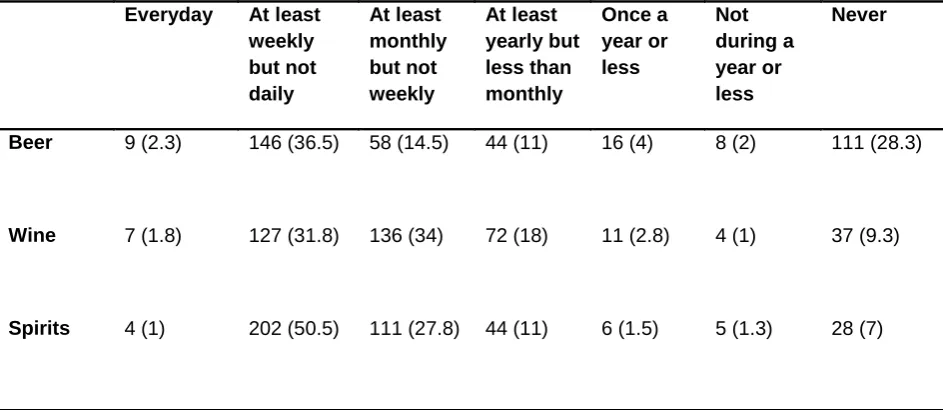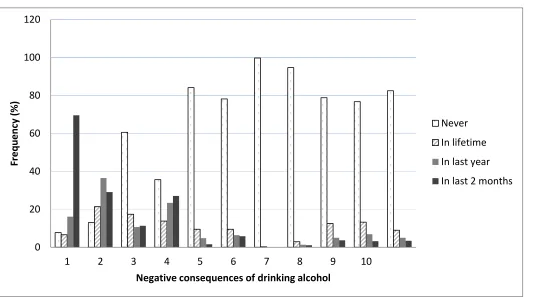Impulsivity and drinking motives predict problem behaviours relating to alcohol use in University students
Full text
Figure




Related documents
An industrial policy can succeed even in a market segment with less imperfect market competition, whereas strategic trade policies select just those sectors where the competition
Tonea, Commercial Space Operations and the European Network, Integrating Air and Space Traffic Management, An European perspective on a global challenge,
Manufacturers whose products are dependent upon natural gas as a chemical feedstock in their manufacturing processes are among the biggest users of natural shale gas at the present
— ADIA Membership Dental Industry Statistics Exclusive access to overall market data Quarterly data on business conditions Analysis of dental workforce data Updates on
The synthetic data produced using "cart" method performs reasonably well on all three machine learning models. Furthermore, the original data set seemed to give a
for the number of research grants, the initial mortality rate is positively related to subsequent mortality changes, although not statistically significantly so.. Grants and
Represented AirTouch Cellular in consolidated class actions alleging price fixing, conspiracy, and unfair competition between the two cellular carriers offering cellular service in
Changing norms may change state interests and create new interests (in this case, interests in protecting non-European non- Christians and in doing so multilaterally through an